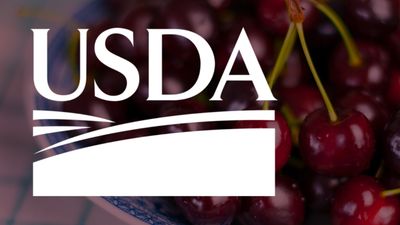The United States Department of Agriculture (USDA) is a federal agency that oversees various aspects of agriculture, food safety, and rural development. Established in 1862, the USDA plays a crucial role in supporting American farmers, ensuring food security, and fostering sustainable agricultural practices to benefit the nation and the world.
Supporting Farmers and Ranchers
The USDA provides essential support to farmers and ranchers through various programs, including financial assistance, crop insurance, and technical guidance. These resources help agricultural producers manage risks, improve productivity, and maintain economic stability.
Ensuring Food Safety and Quality
The USDA is responsible for ensuring the safety and quality of the nation’s food supply. The agency conducts inspections and enforces regulations to ensure that meat, poultry, and processed egg products are safe, wholesome, and accurately labeled.
Promoting Agricultural Research and Innovation
The USDA invests in agricultural research and innovation to advance farming techniques, improve crop yields, and develop sustainable practices. Through its research agencies and partnerships with universities, the USDA fosters scientific discoveries that benefit the agricultural industry and consumers.
Enhancing Food Security
The USDA administers various programs aimed at enhancing food security and reducing hunger. These include the Supplemental Nutrition Assistance Program (SNAP), the National School Lunch Program, and the Women, Infants, and Children (WIC) program, which provide vital nutritional assistance to millions of Americans.
Supporting Rural Development
The USDA promotes the economic development and quality of life in rural America through grants, loans, and infrastructure projects. These initiatives support rural businesses, improve housing, and enhance community facilities, helping to create vibrant and sustainable rural communities.
Environmental Conservation
The USDA is committed to environmental conservation and sustainable land management. Programs like the Conservation Reserve Program (CRP) and the Environmental Quality Incentives Program (EQIP) encourage farmers to adopt practices that protect natural resources, reduce erosion, and enhance wildlife habitats.
What Makes the USDA Stand Out?
Comprehensive Support for Agriculture
The USDA’s wide range of programs and services provides vital support to farmers, ranchers, and the agricultural industry, helping them thrive in a competitive market
Commitment to Food Safety
The agency’s rigorous inspections and regulations ensure that the nation’s food supply is safe, high-quality, and trustworthy
Advancement of Agricultural Science
Through substantial investments in research and innovation, the USDA drives progress in agricultural practices, enhancing productivity and sustainability
Food Security Initiatives
The USDA’s food assistance programs play a critical role in reducing hunger and ensuring that all Americans have access to nutritious food
Rural Development Efforts
The agency’s focus on rural development supports the economic growth and quality of life in rural areas, promoting sustainable communities
Environmental Stewardship
The USDA’s conservation programs encourage sustainable land management practices, protecting the environment and preserving natural resources for future generations
